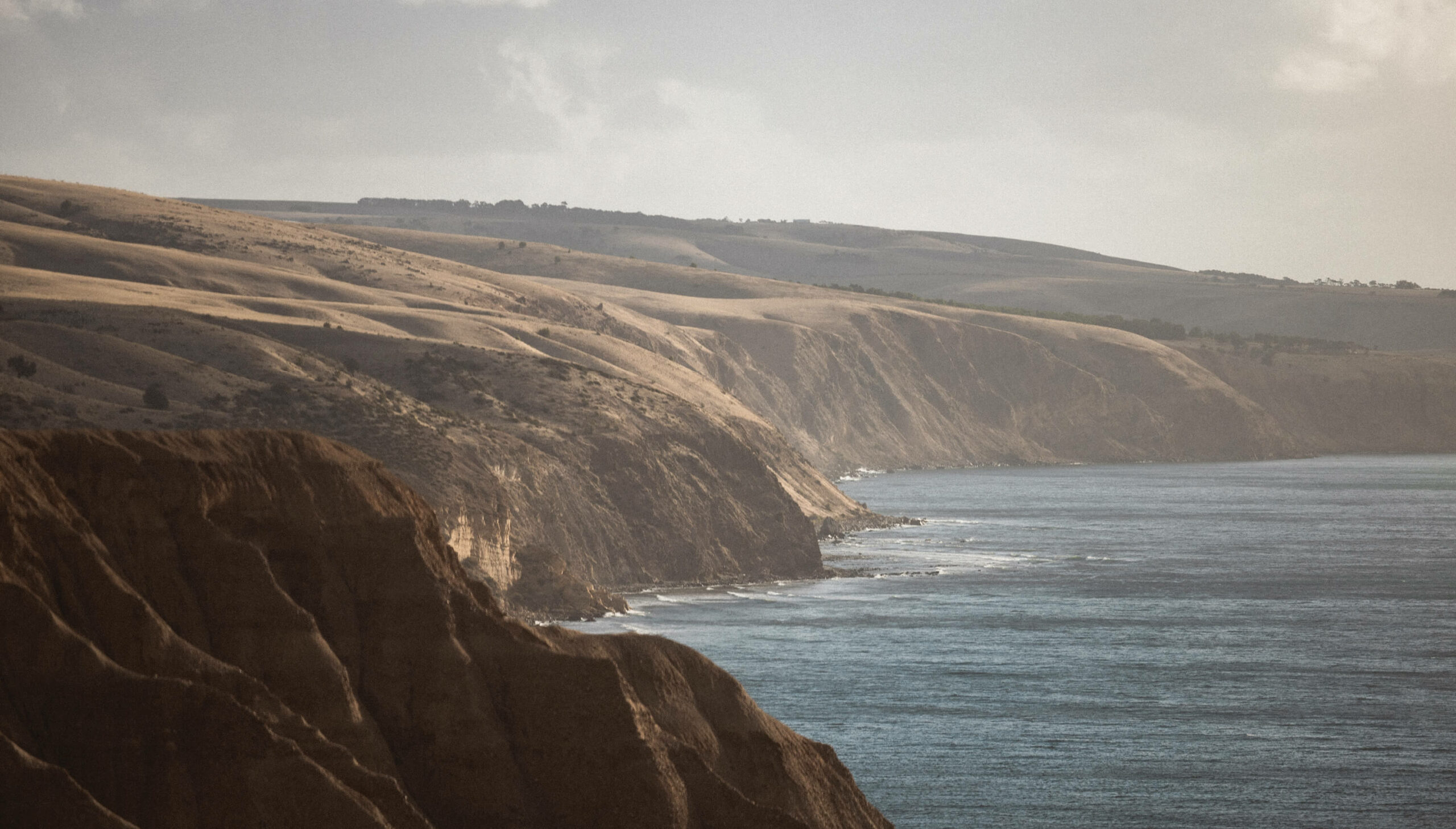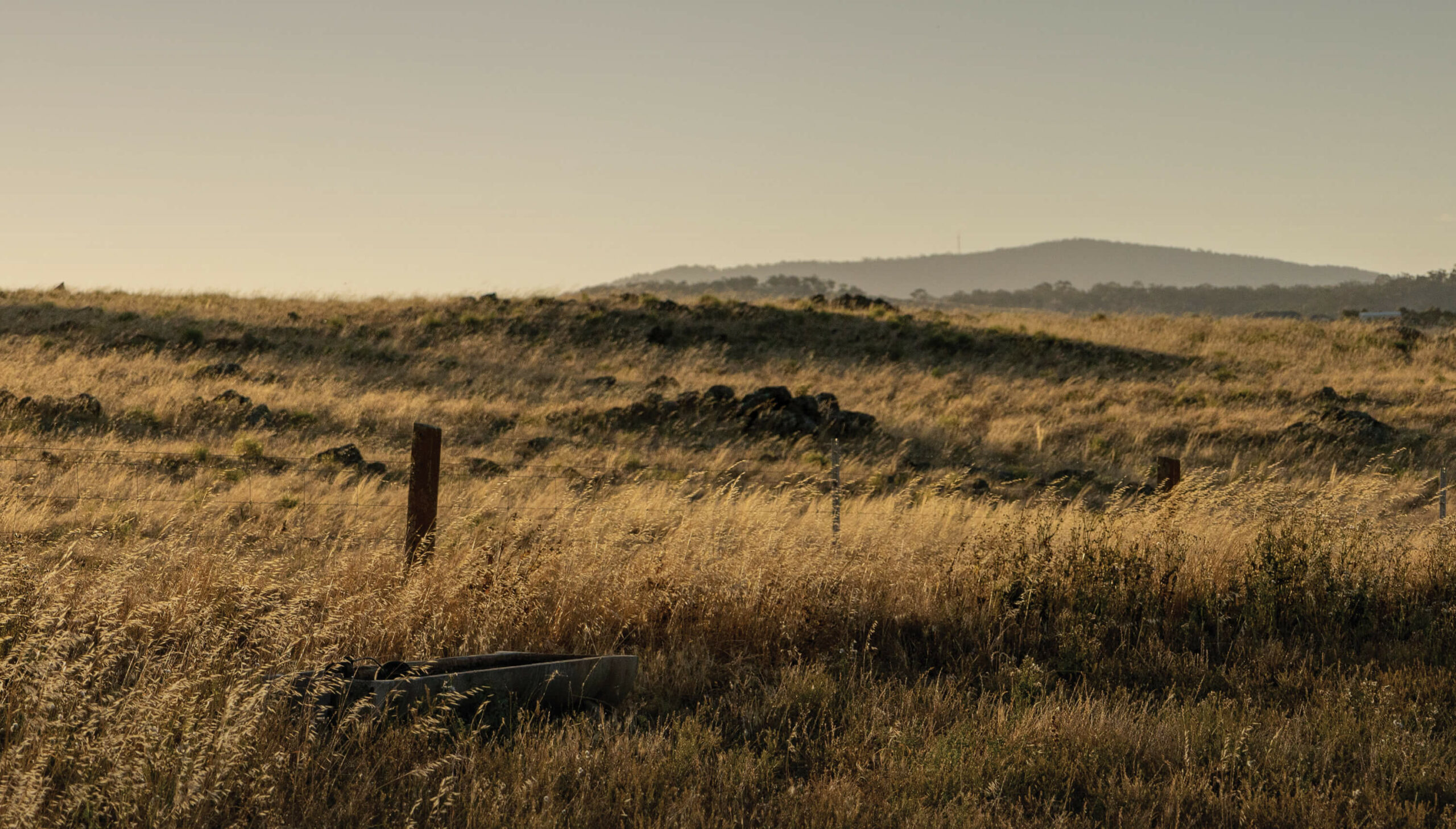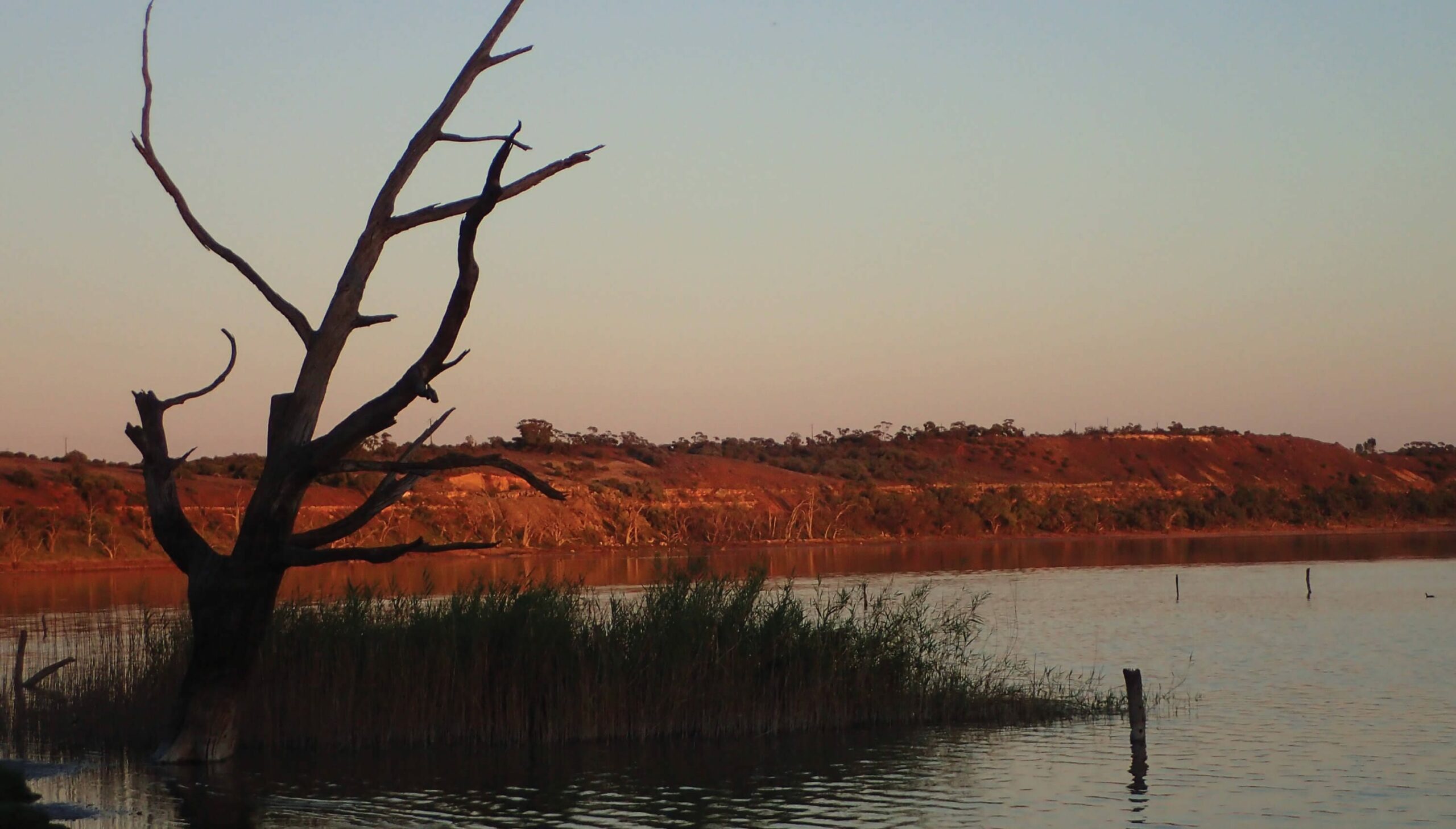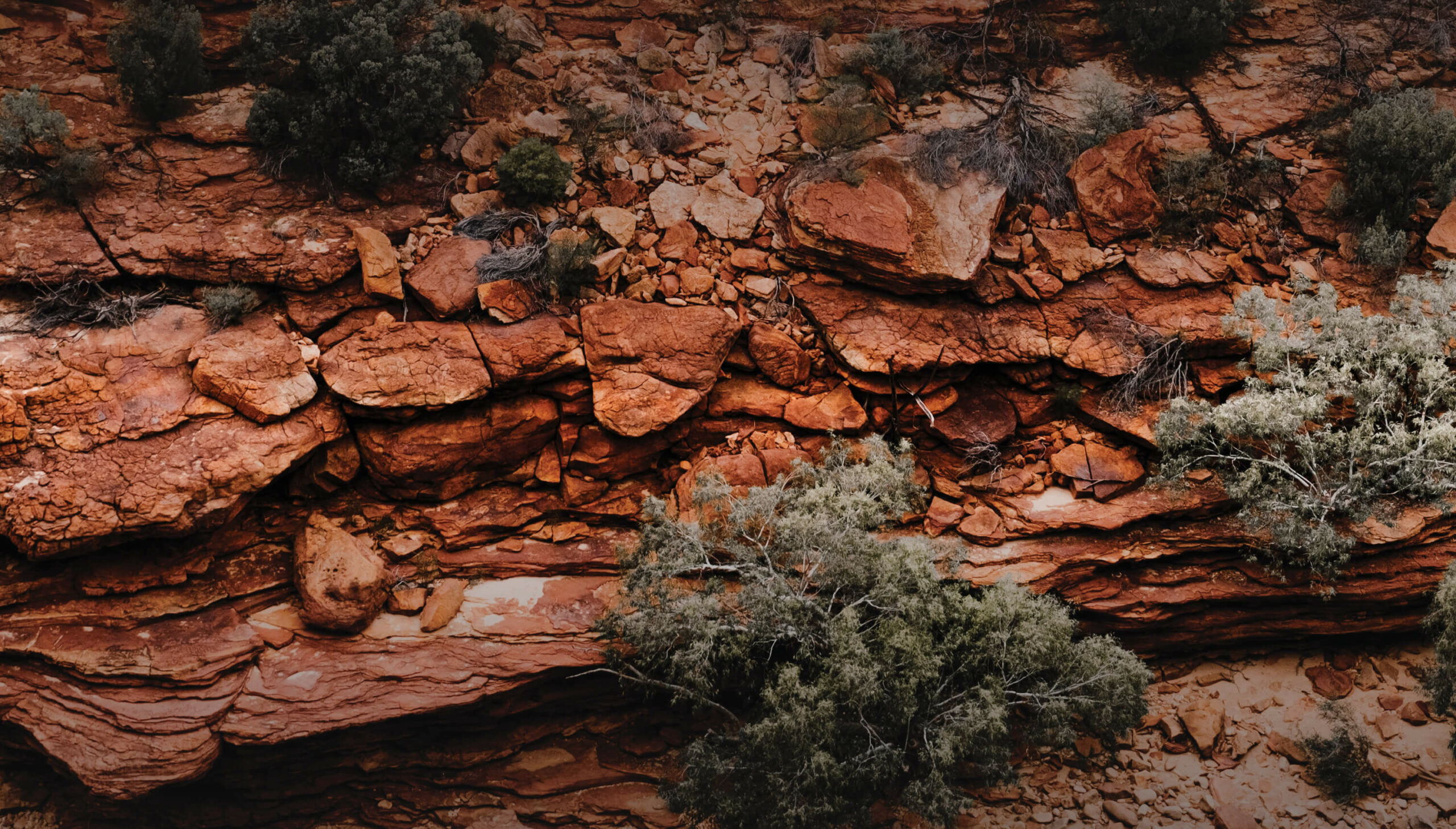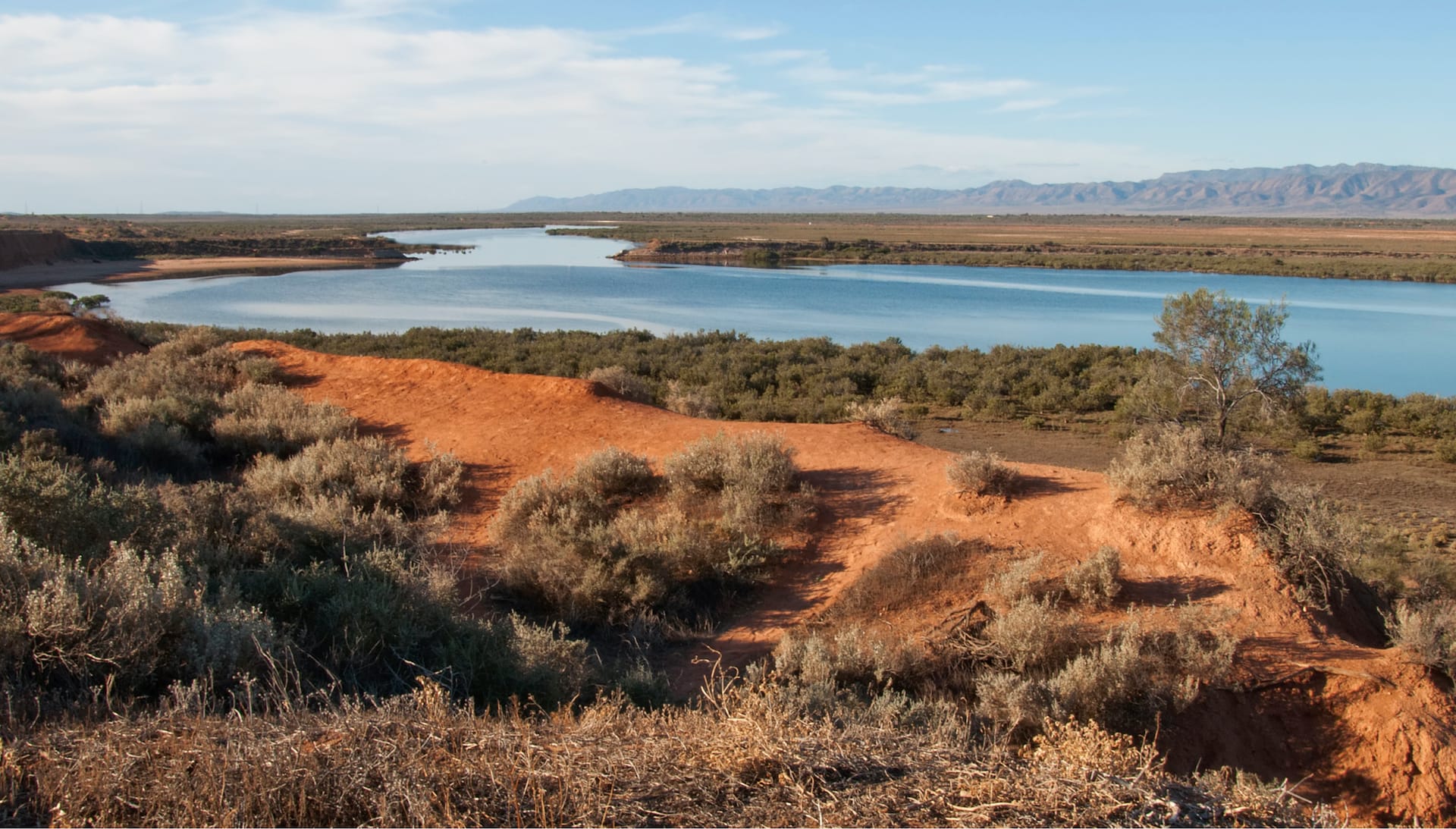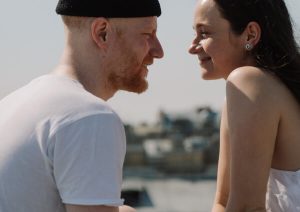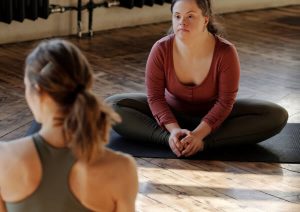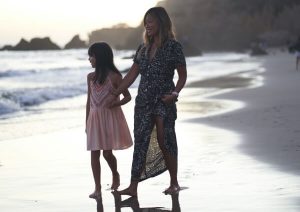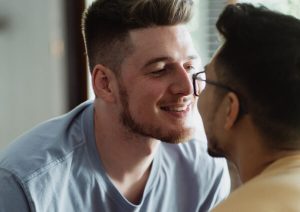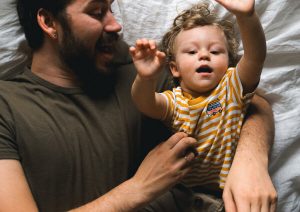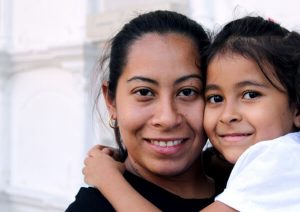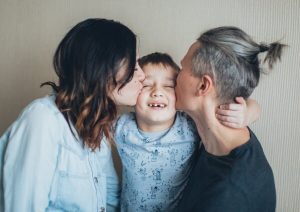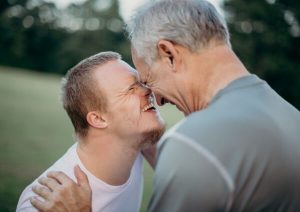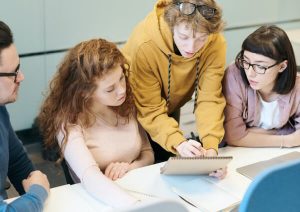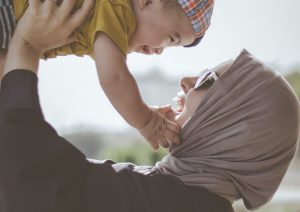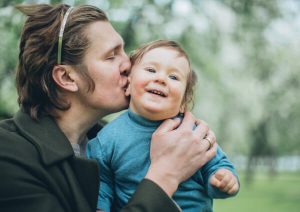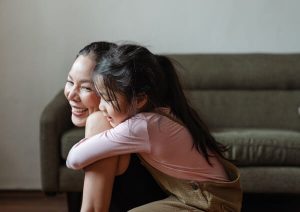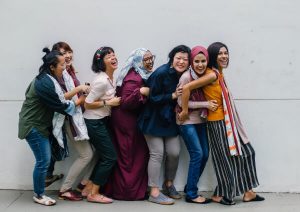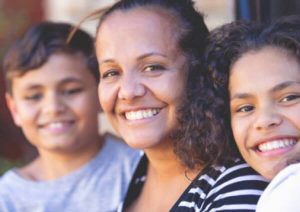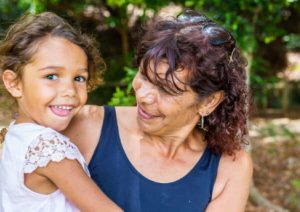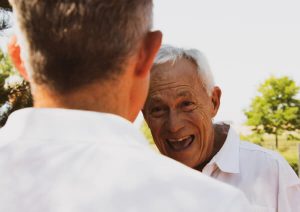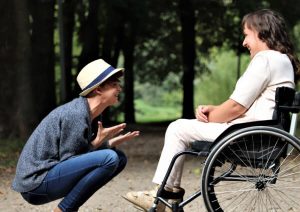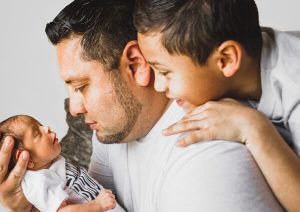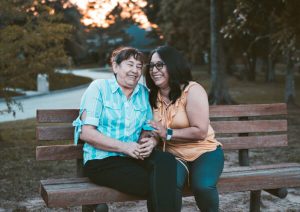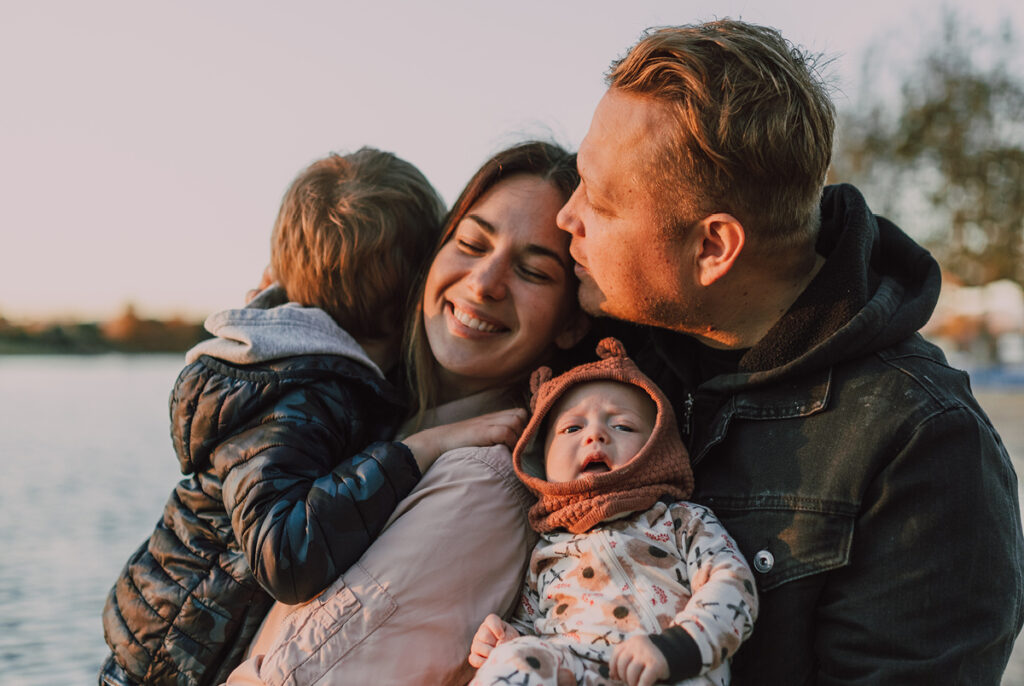Your Personal Information
Relationships Australia SA understands that privacy and confidentiality are of the upmost importance in providing effective and responsible services.
We care about keeping your personal information safe and are committed to protecting the privacy of the information you share with us, and we make sure we collect, use, store and share your information in ways that comply with Australian laws and regulations, including the Privacy Act and Australian Privacy Principles.
This is a summary of how we handle and protect your personal information gathered while you are using our website (including responding to your inquiries via our contact forms).
Complaints
If you are concerned about the management of your personal information, you have the right to submit a formal complaint. We take all complaints seriously and regard mistakes as an opportunity to learn and thereby improve our services and service systems. See the Client Complaints page for more information.
What we do With Your Information
The information below explains how we manage your personal information and the rights and obligations that both you and we have in relation to it. Please feel free to ask our staff about your privacy if you want more information. A copy of this brochure and our full privacy statement are available on our website.
Our privacy brochure sets out much more detail about how we collect, use and store your personal information when we engage with you to provide clinical or teaching services. This information can also be found below.
Why we collect your information
As an organisation that provides community, family and relationship services, gathering personal information from and about you is an essential feature of our operations.
We use the information you give us to communicate with you, to make sure you get the help that you need and to ensure we offer you the most suitable service. We may also need to use your information for other lawful purposes, such as reporting to people who fund our services, educational activities or research. We will always ask for your prior consent, where this is needed.
How we collect information about you
We will collect information from or about you at different points during our work with you. We mostly collect your personal information directly from you: when we meet with you or talk with you on the phone or via telehealth.
Generally, we only collect information about you from other people or organisations when you are referred to our services. When you have been referred to us by another agency, we will inform you of the information we have been given.
Any information that you give us, we receive, or we record about you is kept safe and secure. We follow Australian laws and guidance about the best way to safely manage the personal information we collect.
Using Information for Teaching or Training
Because we are a training institution, we may also use personal information that assists in the professional development of our staff, students, and other professionals. For example, we may ask you about having staff, students, or other professionals sit in on sessions with you; or seek consent for others to watch videos or read transcripts of sessions involving you.
We will always explain these training activities to you and obtain your consent before using personal information
in this way, unless we can be sure to protect your privacy by de-identifying you (removing identifying details).
Everyone who accesses personal information about you will be bound by our confidentiality policies.
Seeing Your Information
You can ask to see the information we record about you, and most of the time we can show it to you. To access your information, please contact the manager of the service.
When possible, we will ask you to visit us to see your personal information, so we can talk to you about what is
recorded, what is not recorded and why.
In some situations, we might need to say no to requests to see your information.
This could include:
- If it would put you or someone else in danger.
- If it shows information about someone else.
- If the law says we cannot.
- If the information is part of a legal case.
Before we show you your information, you will need to prove who you are. If there is a lot of information to find in storage, we might need to charge you a small fee.
The Kinds of Information we Keep About you
We only keep information about you that is relevant to the services you are receiving. Generally, we keep your name,
contact details, intake screening information, and records of the services you use at Relationships Australia SA.
We also record information about actions we take, such as referrals we make for you or your family.
Using Personal Information
We use your information to:
- Find out how to help you.
- Find out how to improve our services.
- Ask you how we can better help you.
- Report to the people who fund our services.
We also use your information to recommend other services that may be useful to you, or to help improve service quality through evaluation and research.
Relationships Australia SA will only use personal information for the reason it was gathered and other lawful uses, including monitoring and managing services, clinical audits and educational purposes. To contribute to the quality of services, we sometimes use contractors or partner with universities to independently evaluate our services. We make sure these partnerships comply with our confidentiality policies and Australian Privacy
Principles. When you first come to our service, we ask you if you are willing to let us use your data for evaluation and research purposes, and you can refuse permission for your information to be included in those activities.
At times, we also work with different universities and government funders to analyse and understand ways to improve our services. In these projects, Relationships Australia SA will protect your privacy by making sure anonymous personal information (identifying details are removed) is used. Where this is not possible, we will seek your informed consent before using identifiable information.
It is very unlikely we will need to share your information with people outside of Relationships Australia SA unless you have given us permission. However, if something serious happens, we might need to tell people about you without asking your permission.
This could include:
- If you or someone else is in danger.
- If the law tells us we can or must, such as a court order.
When possible, we will tell you about the information that has been shared with others, who it was shared with, what was shared, and why.
How we Protect Your Privacy
Storing Your Personal Information
Information we keep about you is kept electronically and is stored securely. Keeping accurate records about the services we provide to you are an important part of our contractual obligations to our government funders.
Relationships Australia SA takes these responsibilities very seriously and complies with Australian Privacy Principles.
Our staff can provide you with more information about the
ways we secure your records.
We do not let everyone who works at Relationships Australia SA see your personal information; only those who need to see it to help you. All our staff are contractually obliged to keep client information confidential.
The law tells us how long we need to keep different types of information. When we do not need your information anymore, we destroy it, to make sure nobody else can read it.
The law tells us that we must let you know if any of your information is lost, stolen, or accidentally shared; this is
called a data breach. If this happens, we will contact you personally.
Confidentiality under the Family Law Act (1975)
Many Relationships Australia SA services are protected as confidential under the Family Law Act (1975). Practitioners are however obliged to assist any Independent Children’s Lawyer (ICL) that has been appointed by the court to represent children and promote their best interests in family law matters, if requested. Also, it should be noted
that change overs and supervised contact provided by the Children’s Contact Services are not confidential under the
Family Law Act.
Video and Phone-Based Appointment Information
Relationships Australia SA offers appointments by video and phone. This agreement sets out important risks of doing video or phone appointments with us instead of face-to-face appointments in our offices.
Join Our Newsletter
Receive the latest news and content.
